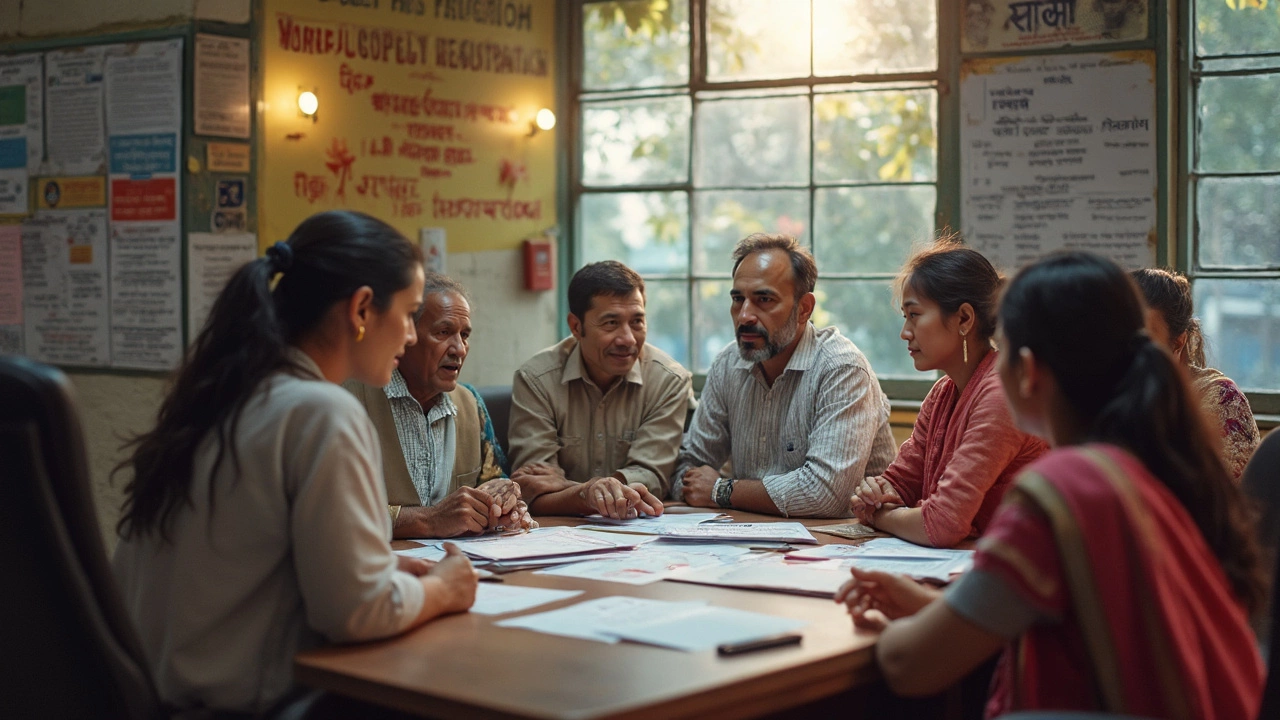Foreign Citizen Guide to Buying or Renting in Shriram Chirping Woods
If you're a foreign citizen eyeing a peaceful spot in India, Shriram Chirping Woods is a solid choice. You don’t need to be an Indian resident to own or rent a home here, but there are a few rules you should know. This guide walks you through the essentials so you can move forward with confidence.
Legal Basics Every Foreign Buyer Should Know
First up, the law. India allows non‑resident Indians (NRIs) and persons of Indian origin (PIOs) to buy residential property without any special permission. If you’re a foreign national with no Indian ancestry, you can still purchase a property, but you’ll need approval from the Reserve Bank of India (RBI) and the local state authority.
Getting RBI approval is a paperwork exercise. You’ll submit an application showing the source of funds, the property details, and a copy of your passport. The process usually takes a few weeks, and once approved, you can sign the sale agreement.
Don’t forget the taxes. You’ll pay stamp duty (about 5‑7% of the property price, varying by state) and registration fees (around 1%). There’s also a capital gains tax if you sell later. Keeping a tax consultant on board makes these calculations painless.
Financing, Renting, and Practical Tips
Financing a home as a foreign citizen can be tricky. Indian banks rarely give mortgages to non‑resident buyers unless you have a strong credit history in your home country and can provide a sizable down payment (often 30‑50%). Some buyers prefer to transfer the full amount from abroad, which avoids loan hassles and interest costs.
If buying feels too complex, renting is a flexible alternative. Lease agreements in India typically run for 11 months to avoid tax complications, and you can negotiate a month‑to‑month extension if you’re not ready to settle long‑term. Make sure the rental contract mentions the security deposit, maintenance responsibilities, and any rules specific to the Shriram Chirping Woods community.
When you’re ready to move in, consider these quick steps:
- Hire a local real‑estate agent who knows the community and can negotiate on your behalf.
- Verify the title deed and ensure there are no pending disputes.
- Inspect the property for water, electricity, and connectivity—Shriram Chirping Woods offers good infrastructure, but a quick check saves future headaches.
- Set up a NRE/NRO bank account for smooth fund transfers and tax compliance.
Lastly, enjoy the lifestyle. The community blends modern amenities with natural surroundings, making it perfect for families, retirees, or remote workers. With the right paperwork and a clear plan, your move to Shriram Chirping Woods can be as calm as the area itself.

Non-Resident Examples in Property Registration: Who Actually Counts?
Wondering who counts as a non-resident when it comes to property registration? This article shares practical examples, explains different categories, and clears up confusion around NRI and foreign citizens owning property in India. You’ll see how definitions matter for taxes, documentation, and even paperwork at the registration office. No fluff here—just straight answers that smooth the process for buyers, sellers, and anyone curious about property rules in India.

